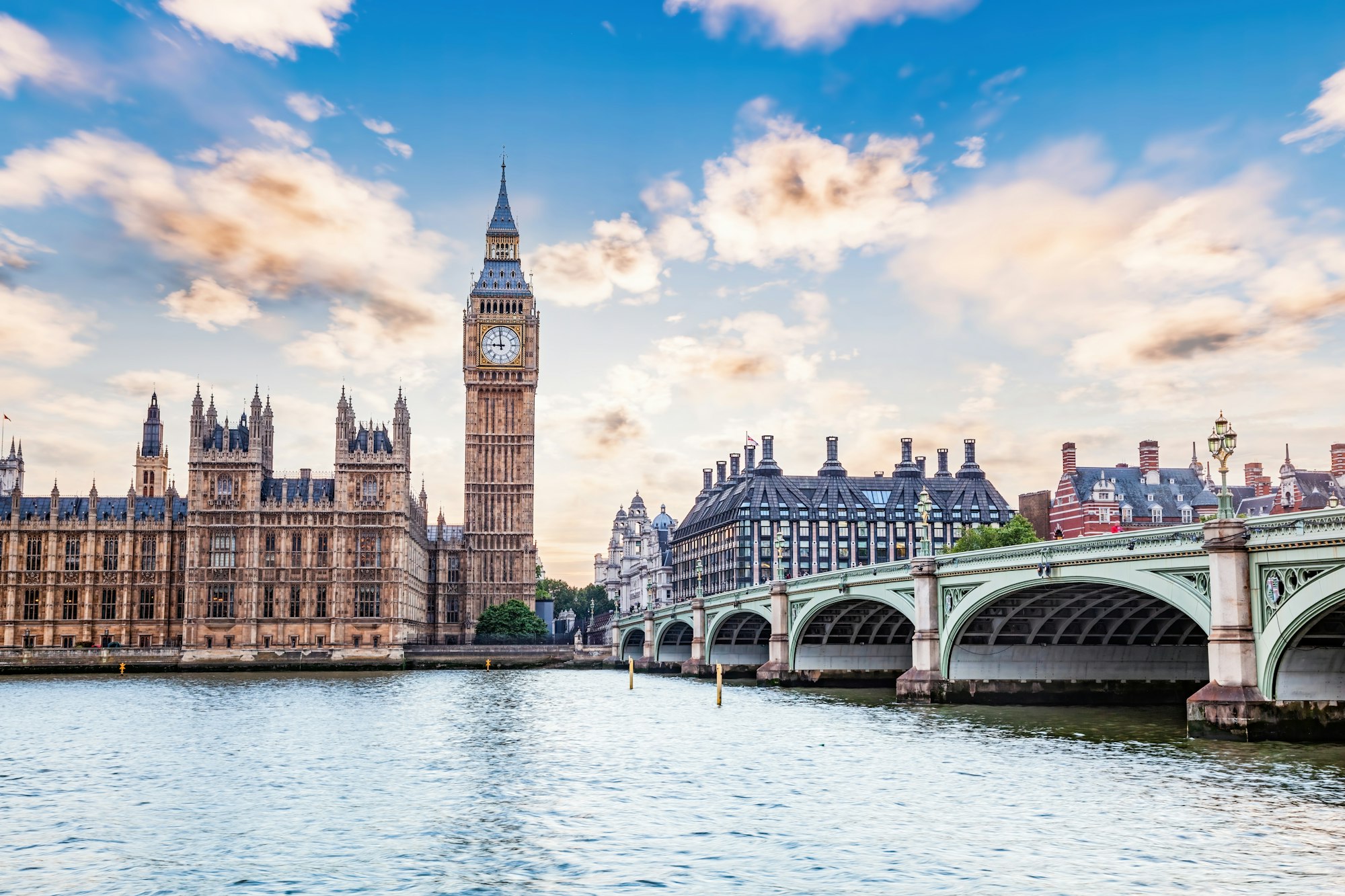As artificial intelligence (AI) keeps getting smarter, it needs heaps of data to learn from. The UK government has just floated a new idea: let AI companies grab heaps of online content freely—like articles and web data—without the usual copyright rules. They think this will help make the UK a big shot in the AI world. But not everyone’s happy about it. This plan could mess with data ownership, intellectual property, and even hurt the folks creating content online. Let’s dive into what this all means, why it’s a big deal, and what might happen next.

What’s Data Scraping Anyway?
Data scraping is when you pull a bunch of info from websites and other online spots, often using automated tools (think bots). It’s like a giant vacuum cleaner for data. AI companies love this because they need tons of data to teach their AI systems how to understand stuff like human language, pictures, and more. Normally, scraping can get you into hot water with copyright laws since you’re grabbing stuff that others own.
Why Does the UK Want This?
The UK government wants to let AI firms scrape without sweating about copyright to push the country ahead in the AI race. They think that having more data could help local techies keep up with big players like the US and China. But, this raises a big question: Is it okay to overlook the rights of people who create content just to advance tech?
What Could Go Wrong?
Here’s why some folks are worried:
- Creators Could Lose Money: A lot of writers, artists, and bloggers make money from their online work. If AI companies can just take their content without paying, that could mean less dough for those creators.
- Copyright Headaches: Grabbing content without permission could lead to lawsuits, especially if companies start making money off someone else’s work.
- Trouble for Journalists: News folks rely on their unique content to draw in readers and ads. If their stories can be scraped and reused freely, people might not visit the original sites, which could hit their earnings hard.
What About Privacy?
Scraping isn’t just about copyright; it’s also a privacy minefield. Sometimes, the data grabbed can include personal details that weren’t meant to be shared widely. And even though the plan says only “public” content can be scraped, there’s a lot of grey area about what counts as public.
What’s the World Think?
Different places have different rules about scraping. The EU, for example, has strict laws that protect personal data and copyright (thanks to GDPR). The US is a bit more laid-back but still has ongoing debates about it. If the UK pushes this plan through, it could butt heads with countries that have tighter rules.
Could There Be Any Upsides?
Sure, there are some potential pluses:
- Boosting AI Development: If AI devs can get more data easily, it might help them make cooler and smarter AI stuff faster.
- Help for Small Tech Startups: Little AI startups often can’t afford to buy big data sets. Free scraping could give them a leg up.
Wrapping Up
The UK’s idea to let AI companies freely scrape online content is a hot topic. It could help the UK become a leader in AI, but it also poses risks to creators, privacy, and global relations. As this debate heats up, finding a middle ground that supports tech growth without stepping on too many toes will be key. Stay tuned to see how it all unfolds—it’s going to be an important debate for the future of AI and data rights!

Frequently Asked Questions about the UK’s New AI Content Scraping Plan
1. What exactly is “content scraping,” and why is it controversial?
Content scraping is the process of collecting large amounts of data from websites, often using automated tools, to use in various applications. For AI companies, it means gathering tons of information to help train their models to understand language, images, and other inputs. The controversy comes from the fact that this content often includes copyrighted material. By allowing scraping without copyright restrictions, the UK government’s proposal could lead to legal and ethical concerns, as content creators may not be compensated for their work that’s used to train AI.
2. How might this new proposal affect content creators and copyright holders?
If AI companies are allowed to freely scrape content, it could mean a loss of income for many creators, such as writers, artists, and publishers, who rely on their unique content for revenue. This proposal could also lead to copyright disputes, as AI firms might use the data commercially without the original creators’ permission. Journalists and news organizations are particularly concerned because scraping could reduce their website traffic, impacting ad revenue and threatening the viability of their industry.
3. What are the potential benefits of allowing unrestricted AI data scraping?
Supporters argue that easier access to online data could position the UK as a stronger player in the global AI race, speeding up AI advancements. By reducing data access costs, the proposal could also help smaller AI startups, making it easier for them to compete with bigger companies. Proponents believe this approach could lead to faster breakthroughs in fields like natural language processing, healthcare, and even environmental studies, as more data could improve AI models’ accuracy and versatility.
Sources The Guardian


